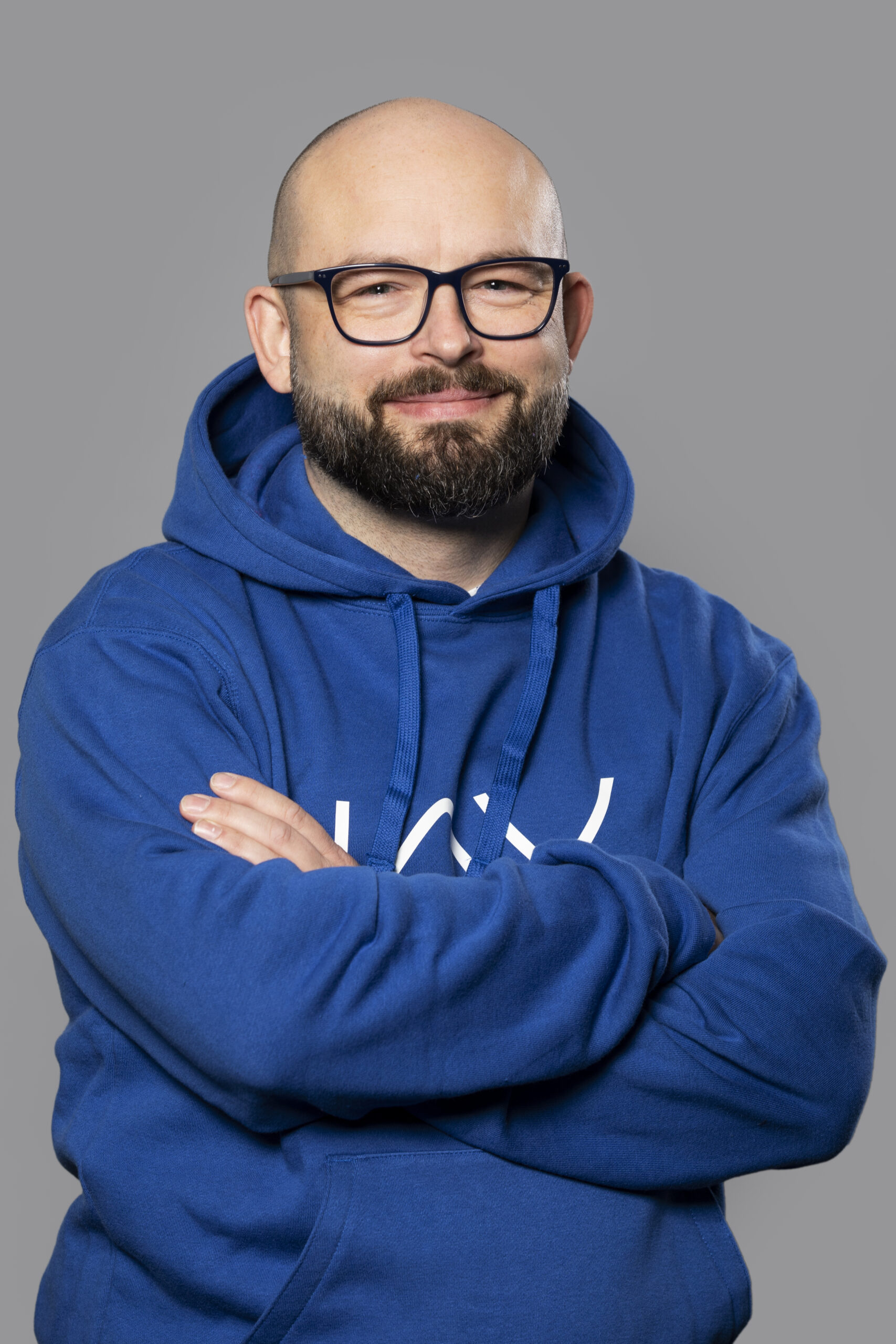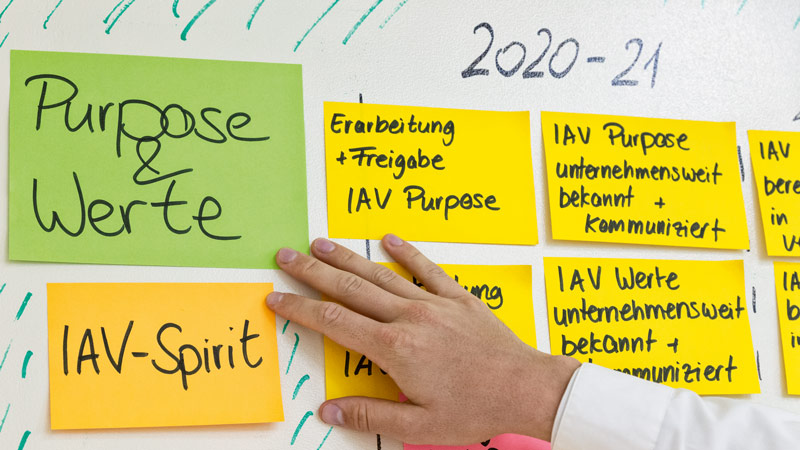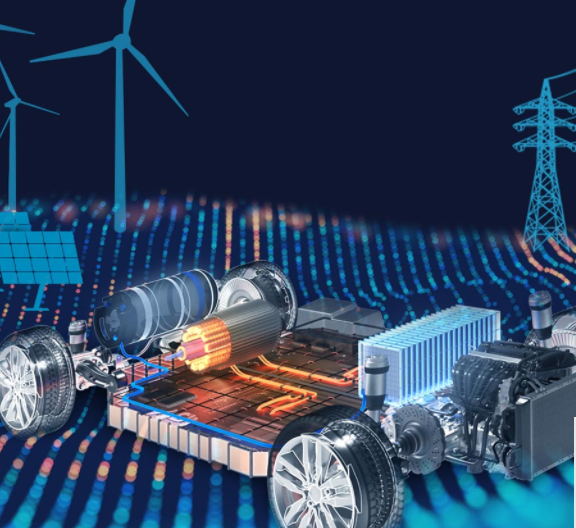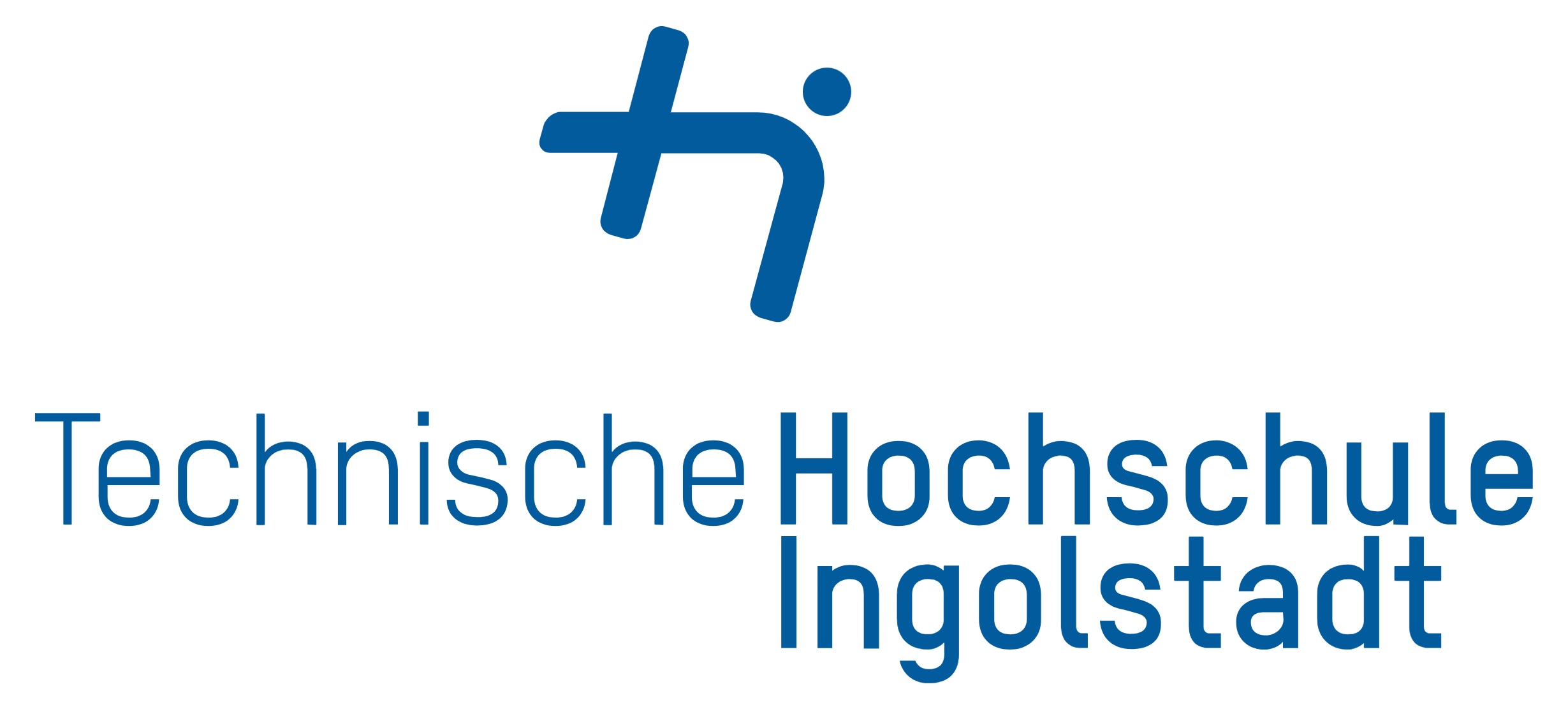“Together we have the opportunity to define the future of the automotive industry”
The automotive industry is undergoing profound change. Open-source communities can play a major role in the future of the car. Michael Plagge, Vice President Ecosystem Development at Eclipse Foundation Europe, estimates which one might be exactly.

Michael Plagge has been Vice President Ecosystem Development at the Eclipse Foundation since January 2021. He is responsible for the further development of the Eclipse ecosystem, especially in the DACH region. Before joining the Eclipse Foundation, he spent four years in various positions at the Alibaba Group. In the eight years prior to that, Michael Plagge was employed by automotive supplier Elektrobit, where he was General Manager at Elektrobit Automotive (Shanghai) Ltd. from 2013 to 2016.
What does the Eclipse Foundation do? What is its aim?
Michael Plagge: The Eclipse Foundation is a non-profit association funded by its members. The aim of the Eclipse Foundation is to provide a home for businesses and communities and to implement open source projects under a non-profit visor. They have been around for 18 years, of which we have been registered in the USA for 16 years. Recently, however, we moved to Europe because the majority of our members are from Europe and we saw the need for a large open source foundation here.

Why are open source projects so important today?
Collaboration in the development of cloud and AI technologies has shown that they can be beneficial because they can quickly reach the non-competitive space. As soon as there is a common basis for all parties involved, a technology can be implemented in a wide range of areas, such as the automotive industry. In addition, today there are highly verticalized software developments and tool chains that are difficult to transfer from one to the other.
Collaboration platforms make it possible in the non-competitive area to become focused on the value-added parts of the software chain. Here is a concrete example: At TensorFlow or pyTorch, the entire software world has agreed that there are accessible frameworks based on which one can work on algorithms without having to implement complex frameworks in advance. This allows you to focus on the area you want to develop further.
Does the automotive industry need more open source?
Software has been very successful in the automotive industry over the past 30 years. But the software competence that has been built up in the field of safety in the automotive sector has become a hygiene factor today. On the other hand, features that make customers buy cars today have been partially neglected.
I see two challenges here: First, the features have to be developed themselves if the industry does not want to resort to offers from Google or Apple. Secondly, there are not enough developers available, so we need to be more effective.
Therefore, it would make sense to build common platforms that are widely used and software that is needed everywhere – such as Middleware – to develop together as an industry. The competitive parts could then be implemented in-house by the individual companies using the available resources.
What could the cooperation on open source projects in the automotive sector look like?
The automotive industry is known to be very competitive. But a model such as open source and a non-competitive collaboration platform can enable collaboration. The Eclipse Foundation has a process model that is described in detail, which shows how the collaboration can take place and how decisions can be made. This helps many companies within an industry.

What does the Eclipse Foundation do in software security?
The issue of software supply chain security is important to us. Open source does not work anarchic, but is a collaboration model that relies on consensus and constructive support. As a result, participants with “not always sympathetic” intentions can have an impact. So, we need to protect the software supply chain.
The first step discussed in this regard is the “Software Bill of Materials” (SBOM). That means that for each software it is known which components are finally included. For explanation, open source components usually build on existing open source com-ponents. This can lead to security vulnerabilities remaining undetected because you do not know which components are in the software in detail. A well-known example of such a vulnerability is Java Log4j. The software was vulnerable and stuck in millions of projects. This shows why we need more transparency.
For this reason, the Eclipse Foundation offers further mechanisms and competencies in the area of software supply chain security to make the final software as secure as possible. This is particularly important in the automotive industry, as European legislation places requirements on safety and cyber security.
I believe that together we have the chance to see the future of the software stack in the car, in the cloud and in the tool chain in the automotive industry.
— Vice President Ecosystem Development at Eclipse Foundation Europe
Especially for the experts, so that companies such as IAV, which already have a high level of competence in the areas of integration of certain software components, can be very interesting to bring in these competences. Because those who participate can bring their own interests.
Many existing business models are at risk due to the profound changes in the automotive industry, especially in the area of software. However, what the community does in the Eclipse SDV Working Group will be the basis for many new business models in the future.
Why does it make sense for companies like IAV to be a cooperation partner?
In the traditional automotive industry, overhead has crept into the complexity of software development. In the past, all car manufacturers had the same complexity, so there was no competitive pressure. This has changed after new entrants such as Tesla or Chinese OEMs have come to market and have shown that software development can be much more efficient.
So, the question is how to deal with pressure. Our initiative is an answer to this. Companies such as IAV, which have been well positioned in the software sector for decades, can see it as an opportunity to open up new business fields and establish new business models.

What can IAV make in concrete terms?
I would be very pleased if IAV introduces software components that it believes can be a valuable part of a future open source stack. It is at least as interesting for IAV to participate in one of the existing projects. Because so far, we have 15 projects, but each of them comes from a single company. In the medium term, we want the projects to be more broadly structured and to work together with representatives from different companies. This would also have the advantage that exchange within the projects would be much more open and more often communicated to the outside.
I see companies like IAV as the lead to build a distribution across these projects. After all, we want to offer a solution for a series developer. This stack must be off various projects. In addition, I could imagine that IAV can contribute its many years of experience in the automotive sector at the process and integration level.
What does IAV say?

Andre Larberg
Senior Technical Consultant Open Source at IAV
andre.larberg@iav.de
“The opportunity for the Eclipse Foundation is to leverage synergies and democratize the software industry. In the automotive sector, are not enough developers to meet the current challenges, i.e. in the area of e-mobility or when driving autonomously.
For IAV, membership in the Eclipse Foundation means two things: On the one hand, we look forward to the valuable input of the community, and on the other hand, we plan to contribute our expertise. Especially in the field of vehicle soft-ware, and tooling, we can support the members with massive expertise. I am confident that we can bring in software components that are of great benefit to the community. That is why I am looking forward to the upcoming member meetings of the SDV Working Group.”


